Subrogation law is a term used to describe the rights insurance companies have to seek reimbursement for insurance losses from responsible third parties. Essentially, subrogation occurs when another party is at-fault for your injury, and the insurance company decides to seek recompensation from the party responsible for your injury. Insurance companies do this because it is in their best interest to recover a portion of the claim they paid.
Let’s say Sarah gets injured in a car accident, makes a claim, and the insurance company pays for her initial medical expenses. However, after some investigation, they determine Chelsea was responsible for the accident. In this case, Sarah’s insurance company has the right to recover damages from Chelsea or Chelsea’s insurance company.
People often wonder why auto insurance companies have the right to recuperate damages from Sarah’s accident. Shouldn’t Sarah receive those finances? This issue can be confusing for some.
According to Colorado law, insurance companies don’t have the right to seek reimbursement directly from the injured party. They only have the right to seek reimbursement from responsible third parties.
That said, subrogation is a complex legal process with rules and regulations that can sometimes leave people scratching their heads. People who don’t consult legal advice throughout subrogation often leave the claims process feeling like insurance companies duped them.
This blog explains what subrogation rights for injured parties policyholders have and what Colorado laws affect those rights. It also provides some tools to negotiate with insurance companies after an accident and discusses whether policyholders should have an attorney present throughout the process.
The Paul Wilkinson Law Firm specializes in Denver car accident law and Colorado subrogation law for car accidents. Our team of experienced attorneys can tactfully guide your claim through subrogation. Whether you are the policyholder who was injured or the person the insurance company tries to blame for damages, we protect you from any potential deceptive practices on the insurance company’s behalf.
Table of Contents
Subrogation: A Brief Overview
To better understand the subrogation negotiation process, you must first understand what subrogation is, why it happens, and who it affects. In nearly all subrogation cases, the injured party’s insurance company pays for its client’s claim and then seeks direct reimbursement from the third party responsible for the accident.
Insurance contracts often contain clauses prohibiting their policyholders from seeking reimbursement from the insurance company and the at-fault third party. This way, people can’t collect damages from different parties. Clauses like these protect the insurance company from sustaining losses.
Subrogation for the Insured
As previously noted, Colorado has laws protecting the injured party from reimbursing the insurance company for their losses. These laws make the subrogation process relatively easy for injured policyholders. The aim of the subrogation process should always be to protect the injured party.
Subrogation can also come into effect for injured parties when you receive payments from third parties to pay for your medical expenses and other compensations. For example, if you receive a check from the person who caused the accident, your insurance company may claim some of your settlement due to the subrogation clause in your insurance contract.
Another fundamental reason for injured parties to have an attorney present throughout the subrogation process is to ensure the insurance companies don’t commit any false steps. Though the subrogation process should be clean and straightforward for injured parties, insurance companies sometimes fail to communicate the subrogation terms, which is against the law.
In rare cases, they might knowingly delay claims and engage in bad-faith insurance practices. If you’re unsure of whether or not you are the victim of bad-faith insurance, consult a bad-faith insurance attorney.
Subrogation for at At-Fault Party
The third party the insurance company seeks compensation from can either be an individual or an insurance company. If the insurance company designates you as the responsible third party, they will seek compensation from you to recuperate their losses, even if you have insurance.
If you have insurance, you will likely get a written notice from the injured party notifying you they want you to reimburse them. In this case, you may only have to inform your insurance carrier of both the accident and any subrogation rights claimed. Your insurance company should deal with subrogation after an accident and settle the claim.
If you don’t have insurance, you will have to defend the subrogation claim yourself. In these cases, you should hire an attorney to help guide you through the legal process. Most insurance companies send their subrogation claims to collection firms. These collection firms are usually amenable to taking less than the full amount to settle the claim.
Accident Victims’ Subrogation Rights and Subrogation
Subrogation and insurance companies have the right to seek compensation for their losses. However, there are limitations to this practice. Accident victims and others need to understand how to protect their rights.
Experienced subrogation attorneys might reduce the subrogation claim amount to mitigate the potential losses one incurs by working with the insurance company to negotiate their terms and conditions. Having an attorney present helps you by protecting your rights and potentially reducing your costs.
What is the “Made-Whole Doctrine,” and How Does it Work?
In Colorado, The Made-Whole Doctrine states that subrogation will not be allowed unless you are first “made whole” for all the damages from your case. In many cases, an insurance company cannot pursue subrogation at all until the individual has received full compensation for all of his or her damages.
Proper utilization of the Made-Whole Doctrine after a car accident can result in a waiver by the insurance company of its right to reimbursement, vastly increasing your recovery. The requirements on how to use this law are intricate. Make sure your attorney knows how and when to use this law to your benefit and if it applies to your specific case and insurance plan.
What is the “Common Fund Doctrine” and How Does it Work?
In Colorado, the Common Fund Doctrine requires your health insurance company to reduce the amount of its right to reimbursement to an amount equal to your attorney’s fees. Suppose you are paying a 1/3 attorney’s fee, and your insurer has requested reimbursement. In that case, they may be required by Common Fund Doctrine subrogation law to reduce the amount that they are demanding by 1/3 plus expenses that were incurred in the course of procuring the settlement or judgment of your claim. Ensure your attorney knows how and when to use this law to your benefit, and if it applies to your specific case and insurance plan.
Subrogation Claim Negotiation Tips
Reading the Fine Print
Subrogation is an obscure concept to the general public. People often become upset when they find out they have to hand over more of their settlement to the insurance company than anticipated. Much of this stems from a lack of preparation and reading. Every insurance policy has a subrogation clause, so preparing yourself for your case’s potential outcome is an easy way to gain negotiation leverage.
Failing to Communicate
While you go through the subrogation process, it’s crucial to remember that your insurance company has to communicate with you every step of the way. Failure to do so is against the law.
Make Sure the Expenses are Only From the Accident
Make sure any claimed expenses are only from the accident. By obtaining all of the medical bills from the accident, you or an attorney can make sure you don’t have to pay for damages you didn’t cause.
Request to Take Out the Attorney Fees From the Settlement
Requesting the insurance company to take out any attorney fees is an easy way to lessen the impact of a subrogation claim. After all, if you hadn’t used an attorney, you likely wouldn’t have received a settlement in the first place.
Negotiate the Remainder of the Claim
Skilled negotiators can often prompt insurance companies to settle for less because they understand insurance companies don’t want to go through long, drawn-out legal battles. The more experienced the negotiator, the more likely they are to reduce the subrogation. Skilled negotiators can reduce the subrogation by as much as a couple of percentage points.
Paul Wilkinson Law Firm Can Handle Your Subrogation Claim
Subrogation is a confusing process that no one should have to fret over. Whether you were injured in an accident or caused an accident doesn’t change how draining it can be dealing with insurance companies. Our Denver car accident attorneys at The Paul Wilkinson Law Firm ensure you get the compensation you deserve if you sustain an injury in an accident. If you cause an accident, we make sure you don’t pay for damages that aren’t your fault.
Contact us today at 303-333-7285 to set up a free consultation!


